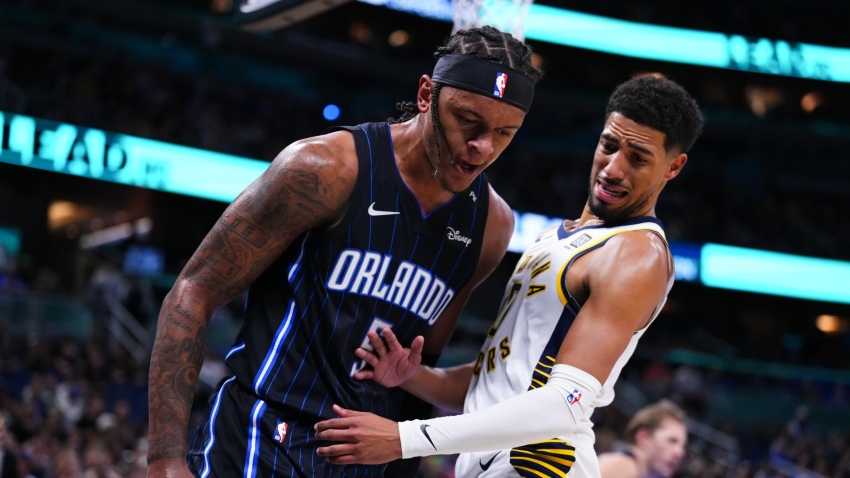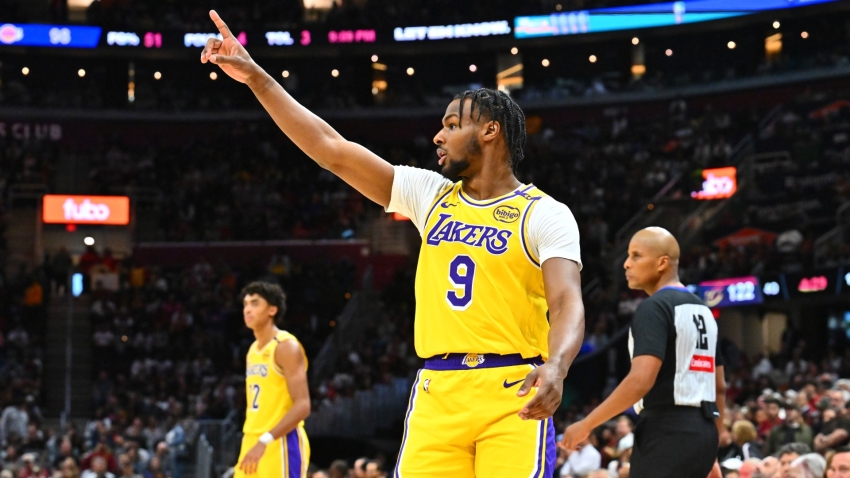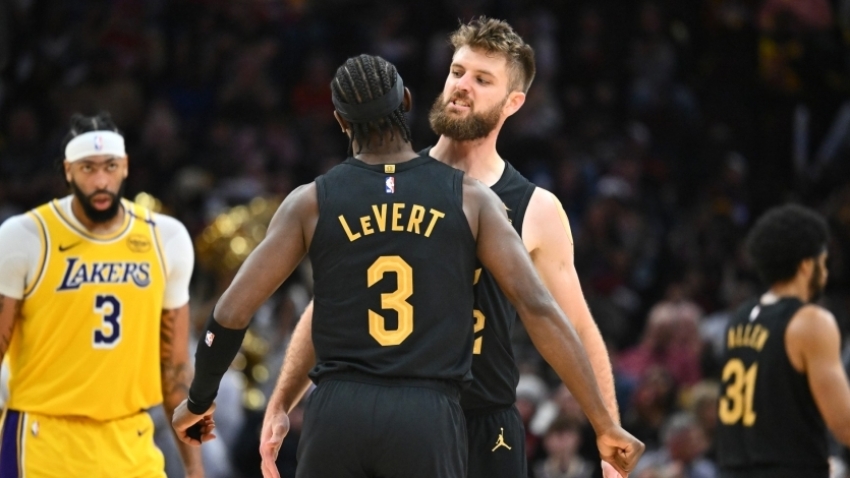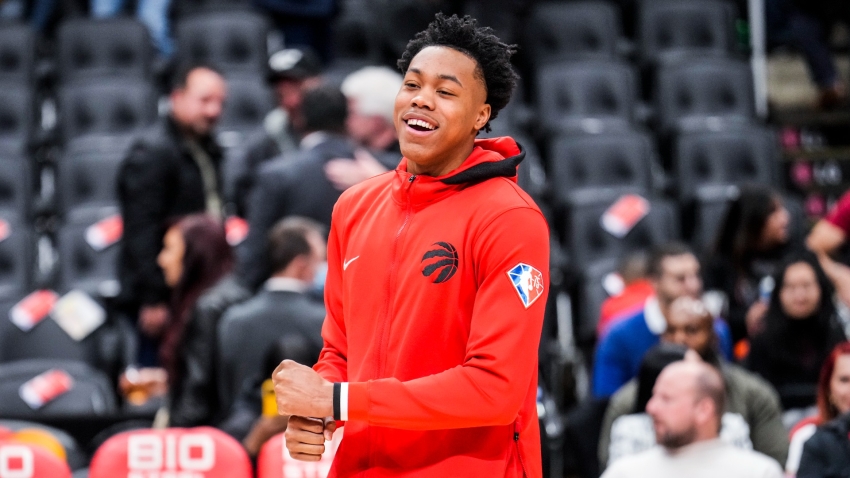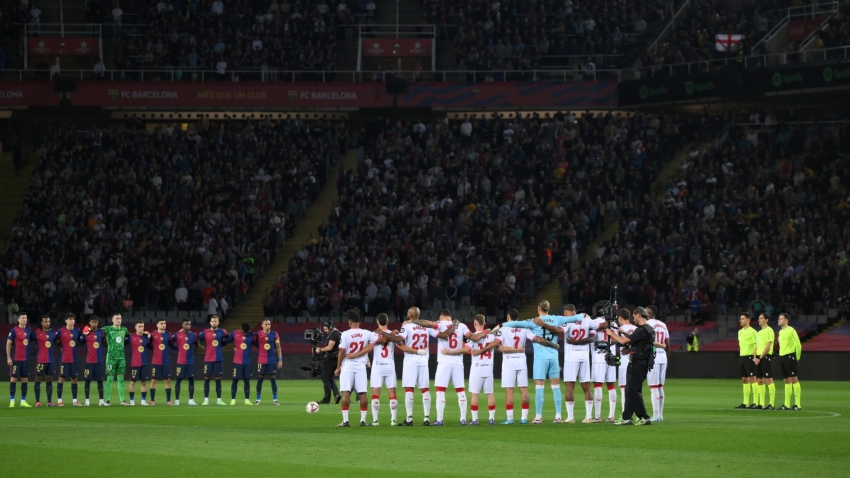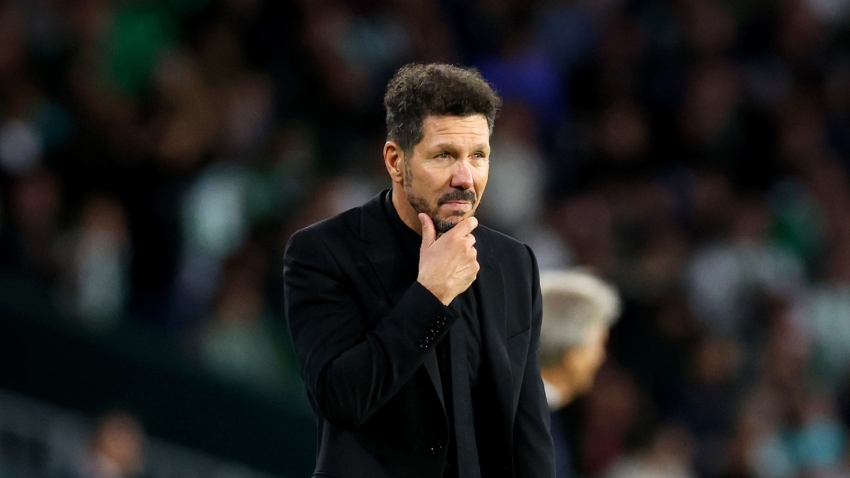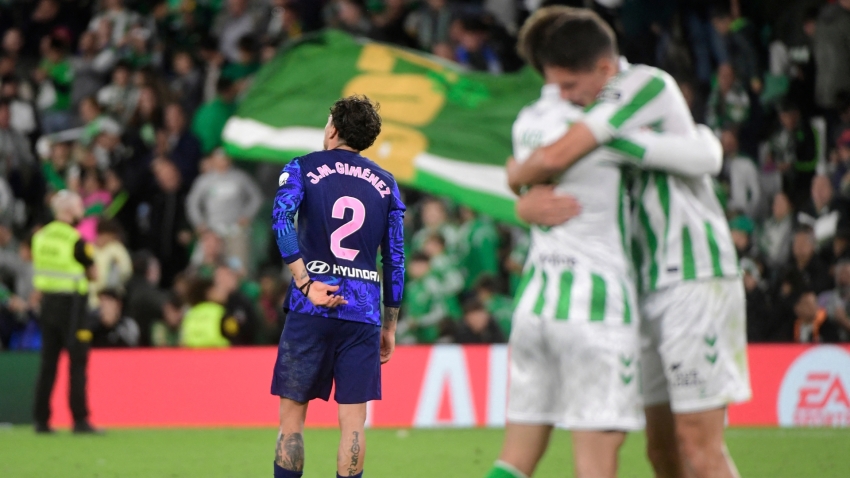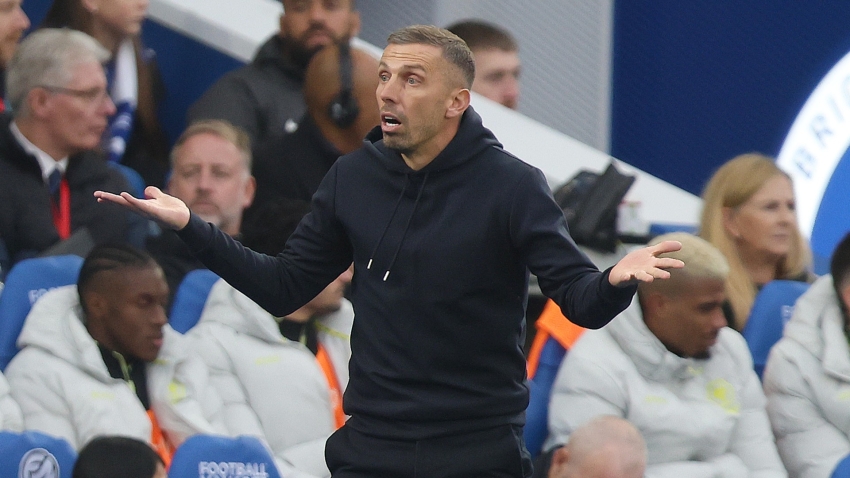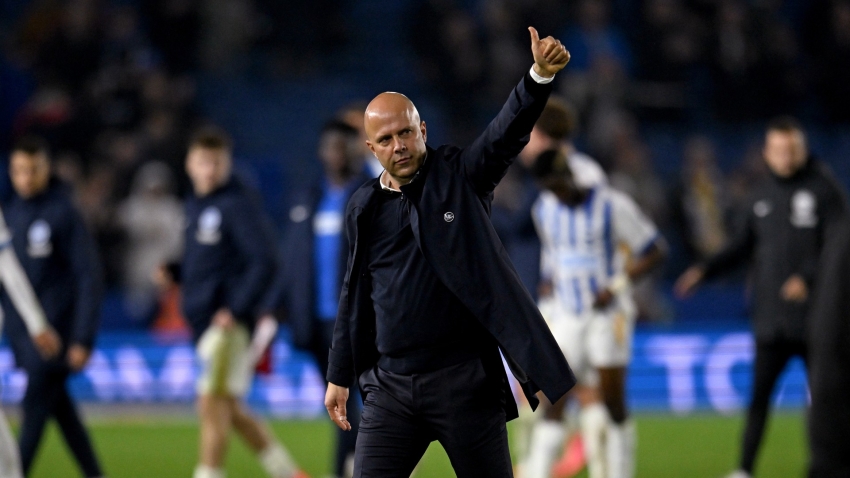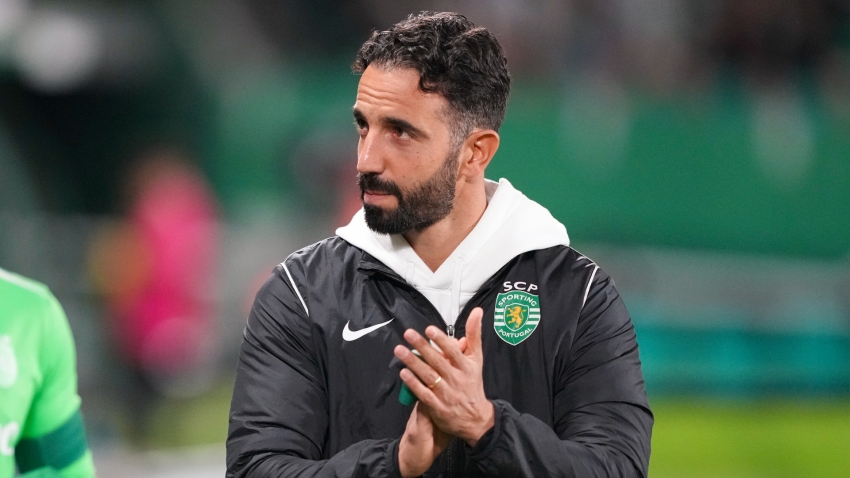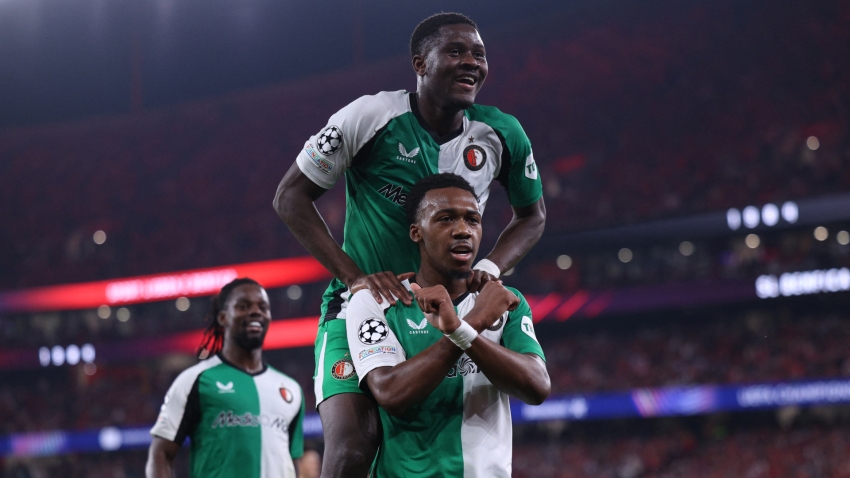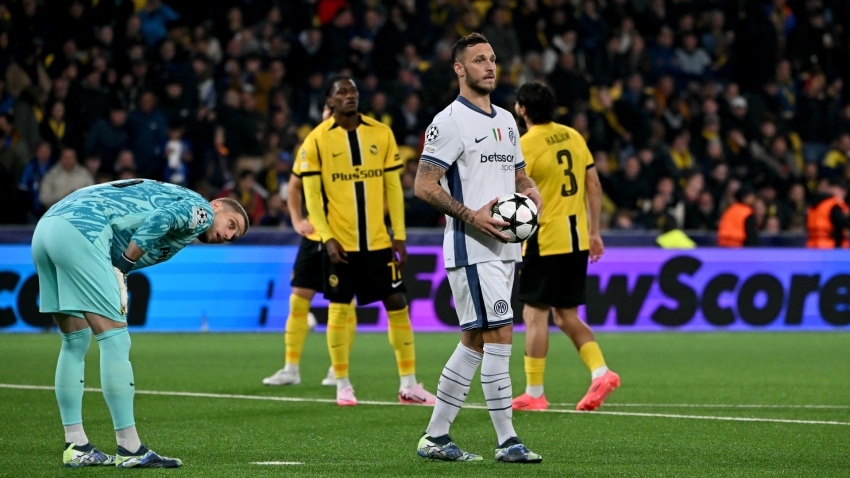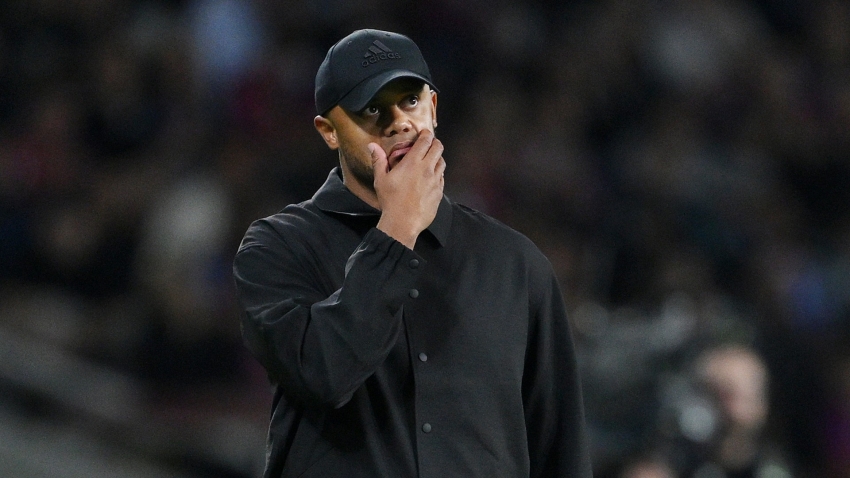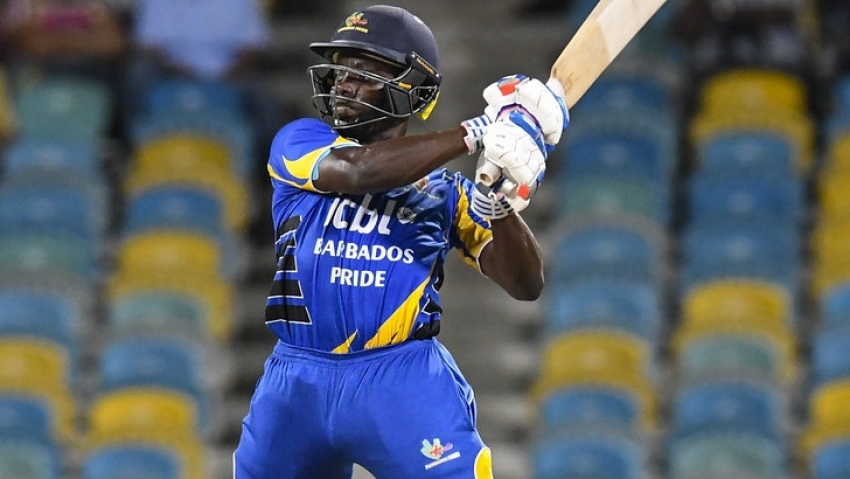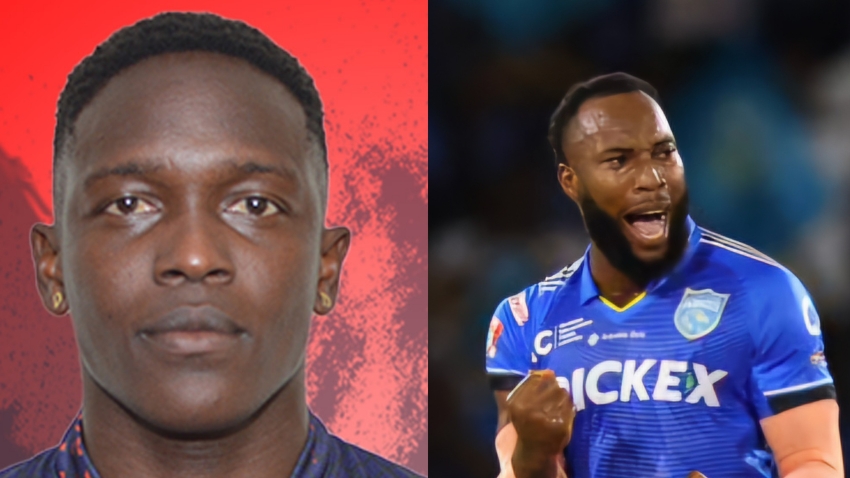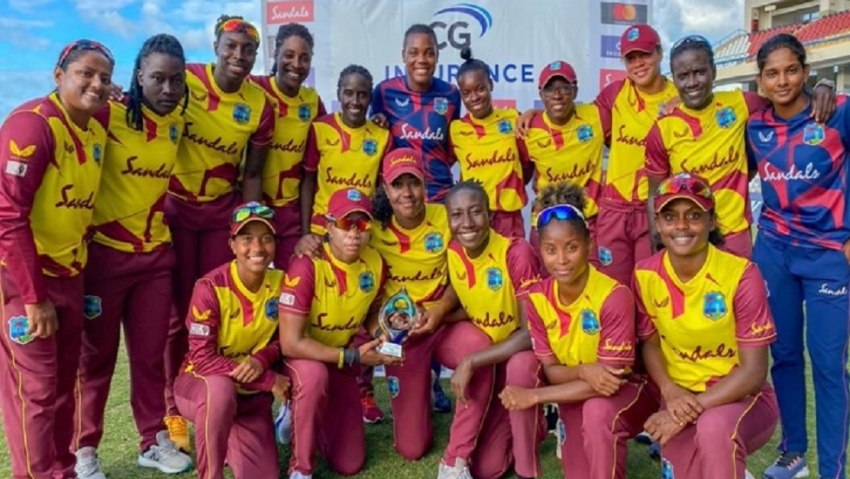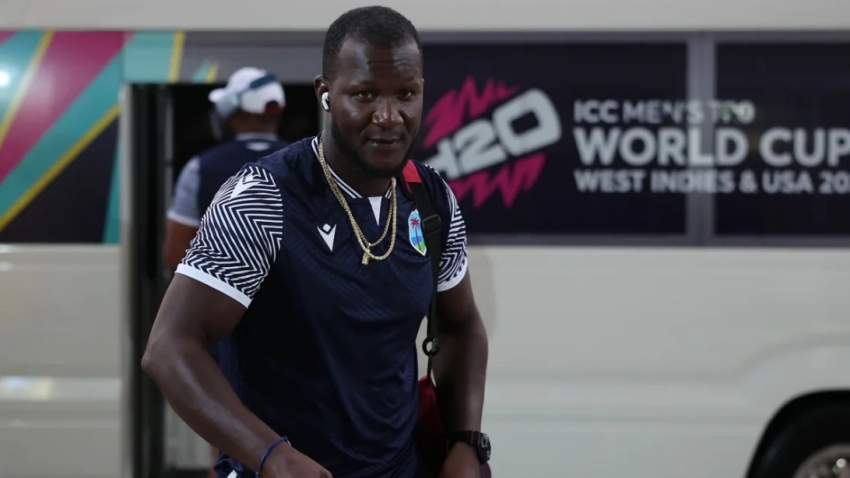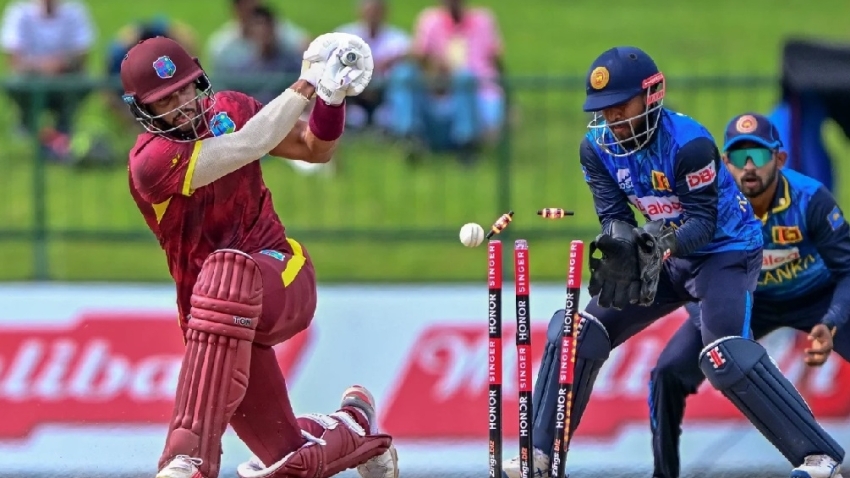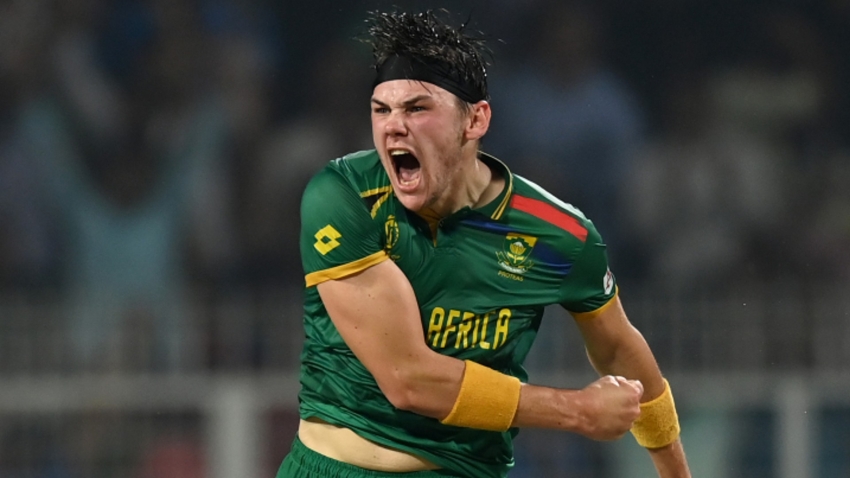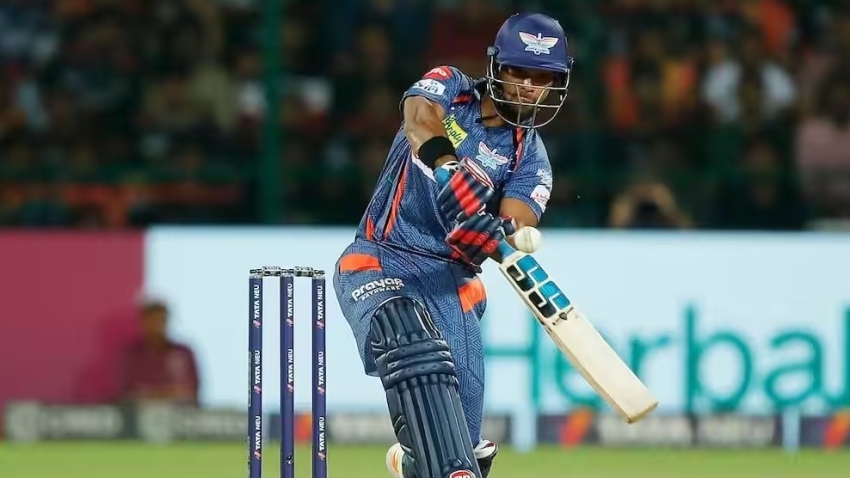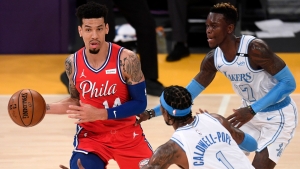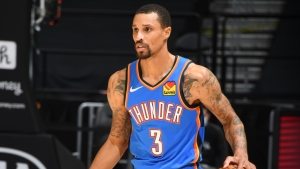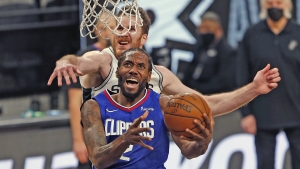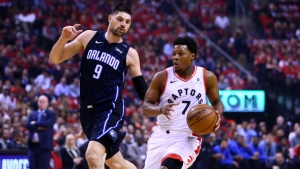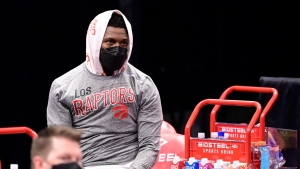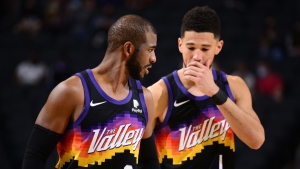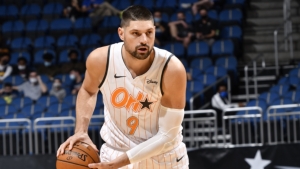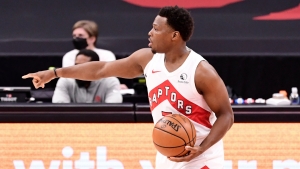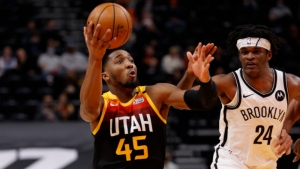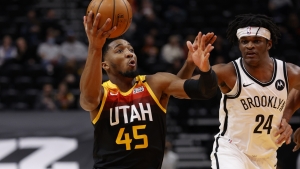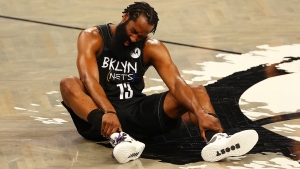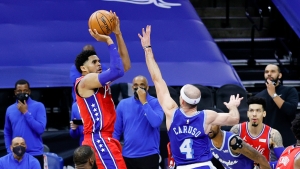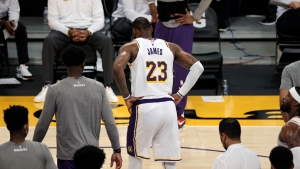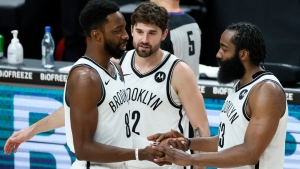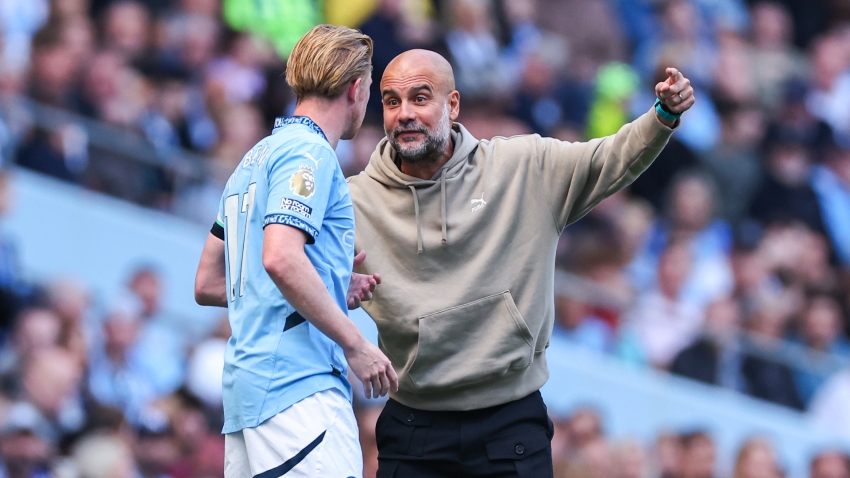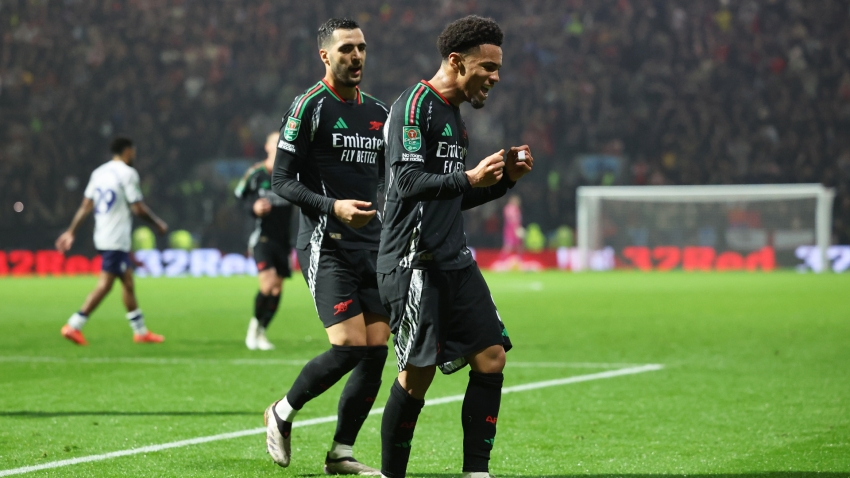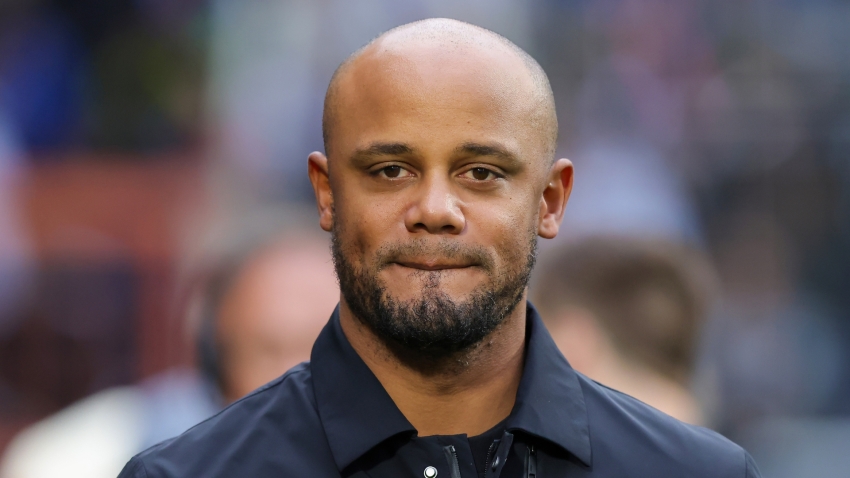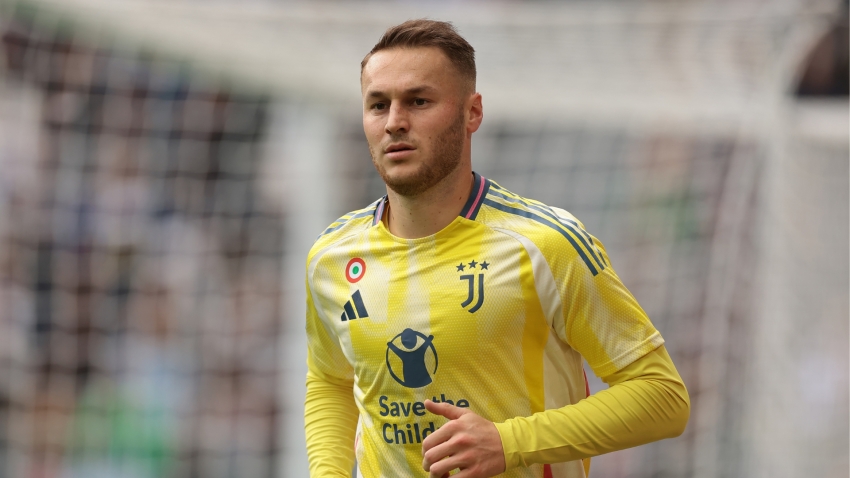It's been some time since the Phoenix Suns finished a season above .500, and even longer since they last appeared in the playoffs. While both droughts will end this season, the question remains whether they are a legitimate title contender in a stacked Western Conference.
Ask around as to which teams are most likely to win a championship and the Lakers, Clippers, Nets and maybe the Jazz, Bucks and 76ers would garner the most responses. That is somewhat curious since only Utah and Philadelphia currently have better records than Phoenix, who are an NBA-best 21-6 since January 28.
The Suns showed signs of what they could become when they went 8-0 in the seeding games in the NBA 'bubble' last season, though they still missed out on the play-in in the West. The biggest reason behind that success was the otherworldly play of Devin Booker, who averaged 30.5 points on 50.3 per cent from the field with 6.0 assists and 4.9 rebounds.
Sensing the Suns were on the verge of reversing their recent fortunes, general manager James Jones made the offseason move to acquire Chris Paul from Oklahoma City in the hopes of building on that success. Paul, an 11-time All-Star who recently became the sixth player to reach 10,000 assists, has accumulated all kinds of accolades during his 16-year career but, most importantly, is still playing at a very high level.
Paul has twice helped guide a team to their most wins in a season in franchise history, doing so with the Hornets/Pelicans in 2007 and the Rockets in 2017-18. Though they won't reach that lofty standard in this abbreviated season, the Suns' current .674 winning percentage (29-14) would be their best since 2006-07.
Paul's acquisition instantly made Phoenix better both on and off court and gave the franchise a measure of respect that only players of his calibre can bring. His ability to run an offense combined with Booker's continued ascent to stardom has the Suns in unfamiliar territory.
Phoenix haven't had a winning season since going 48-34 in 2013-14 and only Sacramento (14) and New York (seven) have longer active stretches without finishing over .500. The Suns last reached the postseason in 2009-10, when current Nets coach Steve Nash was manning the point. The 10-season drought is the league's second-longest, trailing only Sacramento (14).
Where that improvement has come from is maybe the most surprising aspect of Phoenix's success.
Long known as a free-wheeling, offensive-minded team, the Suns are winning mainly with defense this season. Phoenix have finished 20th or worse in scoring defense in each of the last 17 seasons and ranked dead-last as recently as 2017-18.
That’s no longer the case as Phoenix are allowing 107.4 points per game, third-best in the NBA. It's been nearly 40 years since the Suns finished a season in the top five of that category (102.0 in 1982-83, ranking third).
That's quite a turnaround from last season, when the Suns ranked 20th in the league in scoring defence, an improvement of 6.0 points.
There's no denying that strong defensive teams are geared for postseason success, and the Suns' depth should also be an advantage in the playoffs. While Booker is Phoenix's undisputed star and focus of the offense, there are plenty of other pieces capable of driving the offense.
The Suns have seven players averaging in double figures, which is tied for the league lead (minimum 20 games played). They also have four players with at least 100 assists, a total bettered only by the Hornets, Nuggets, Kings and Bucks.
Phoenix also have proven to be a stellar road team with a league-best 14-6 mark. That bodes well if they need to win playoff games at Utah, Los Angeles or Denver.
After Booker and Paul, Phoenix’s third-leading scorer is DeAndre Ayton. The third-year center hasn't put up monster offensive numbers (14.7 ppg) that often are expected of a number one overall pick, but he ranks among the league leaders in rebounding (11.0) and his defensive versatility is a huge reason for the Suns' success.
Ayton has also shown a knack for raising his play in the second half, shooting 65.1 per cent from the field after half-time - the third-best such rate among players with 150 attempts.
Mikal Bridges (13.5), Jae Crowder (10.3), Cameron Johnson (10.3) and Dario Saric (10.0) also are scoring in double figures for the Suns. Bridges has made a huge leap this season, going from 9.1 points and 3.1 rebounds last season to 13.5 and 4.8 this season. He's also shooting 52.6 per cent from the field and ranks second on the team with 79 three-pointers.
After Paul (10 straight playoff appearances) and Crowder (eight straight), this group does not boast extensive playoff experience and that includes coach Monty Williams. But Paul is among the game's great leaders and will be counted on heavily to guide the Suns through the postseason.
Unlike several other top contenders, Phoenix have been extremely fortunate with injuries. The team's top six rotation players (Booker, Paul, Ayton, Bridges, Crowder and Johnson) have combined to miss only 19 games and Phoenix have used just five different starting lineups. Only Utah have used fewer (three).
The Suns have fared well against some of the league's best teams with a 5-2 mark against the Lakers, Clippers, Jazz, Nets, Bucks and 76ers, but some of those wins have come against clubs missing top players due to injuries.
That makes it difficult to get a read on how the Suns might perform in the postseason but considering the franchise has never won a championship in its 53-year history or even been in the playoffs for over a decade, the time for accomplishment is certainly now.


